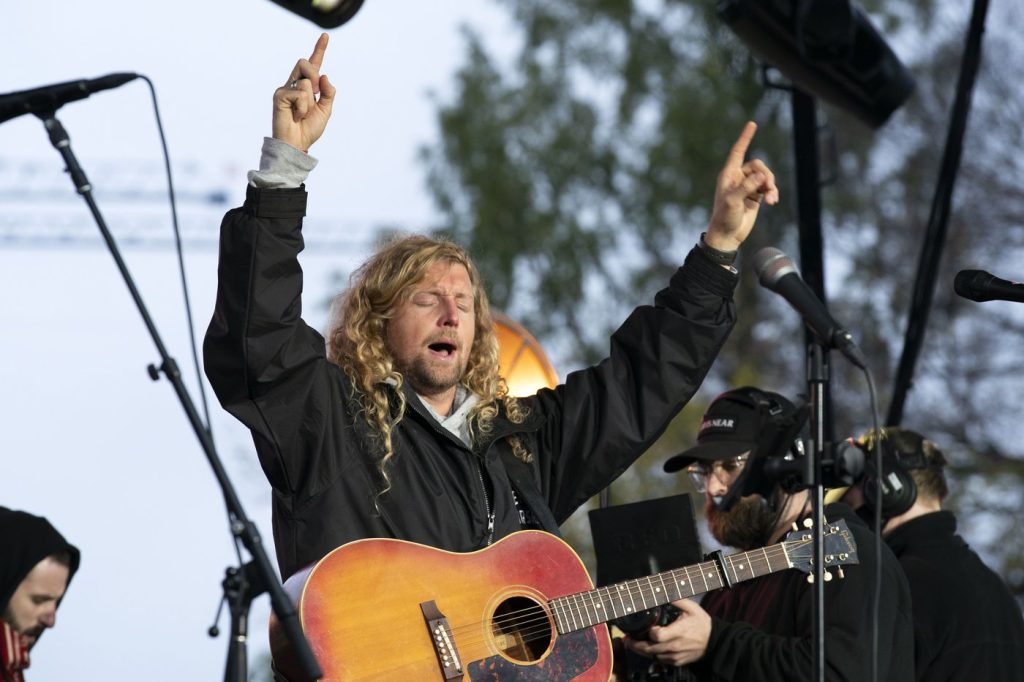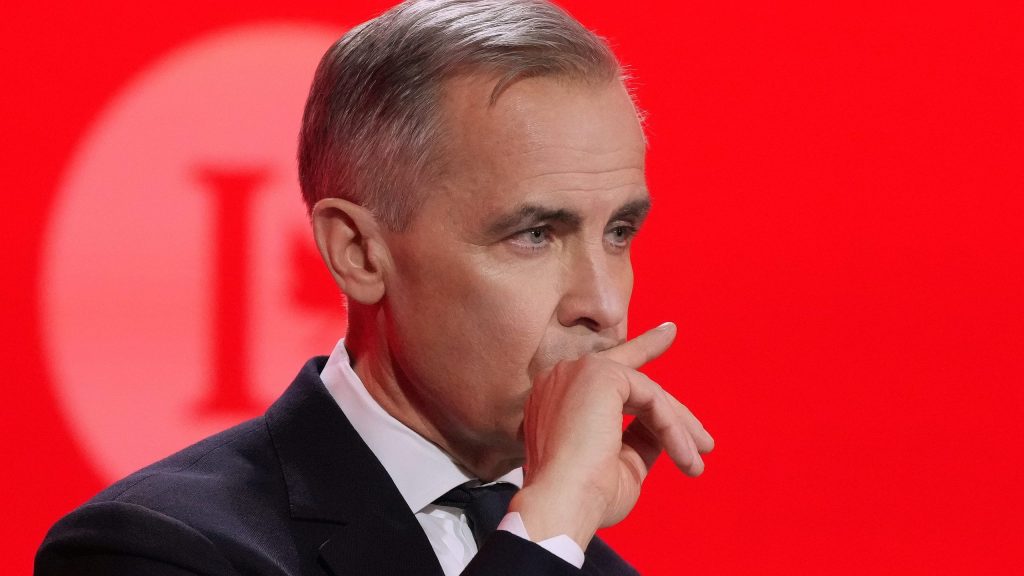A Conservative MP, Marilyn Gladu, has addressed a formal request to Identity and Culture Minister Steven Guilbeault, urging him to apologize to U.S.-based Christian musician Sean Feucht following the revocation of permits for his recent concert events. These concerts were to take place in venues managed by Parks Canada, and their cancellation has ignited a debate about freedom of expression and inclusion in Canadian society.
In her letter, dated Friday, August 9, 2025, Gladu, who serves as the Opposition critic for civil liberties, argued that the decision to deny the permits did not uphold the principle of inclusion. Instead, she asserted that it had the opposite effect, marginalizing Feucht and excluding numerous Canadians who were looking forward to attending the events. Gladu emphasized that, despite differing opinions on Feucht's views, the Canadian Charter of Rights and Freedoms guarantees the right to freedom of expression.
Sean Feucht is known not only as a musician but also as a missionary, author, and activist. He has gained notoriety for his outspoken stance against what he defines as "gender ideology," abortion, and the LGBTQ+ community. His religious and political beliefs have sparked considerable criticism, yet they also caught the attention of the Trump administration during his run for Congress as a Republican candidate in 2020, albeit unsuccessfully.
The events in question, including a series of concerts planned across various locations in Canada, were abruptly canceled, prompting Feucht to seek alternative venues to host his performances. This situation has raised significant concerns about the limits of artistic expression and the responsibilities of Canadian government officials in safeguarding the constitutional rights of individuals and groups.
Gladu's advocacy for Feucht underscores a growing concern among some conservative factions regarding the perception of inclusivity and exclusion within Canadian cultural policy. The revocation of the concert permits has ignited discussions about the implications of such decisions on democratic values, freedom of speech, and the expression of diverse worldviews in Canada.
This incident reflects the ongoing tensions between differing ideological stances within Canadian society and the ways in which governmental decisions can impact artistic and religious expressions. As the situation develops, it may further influence discussions around civil liberties, particularly in the context of artistic performance and political activism.












